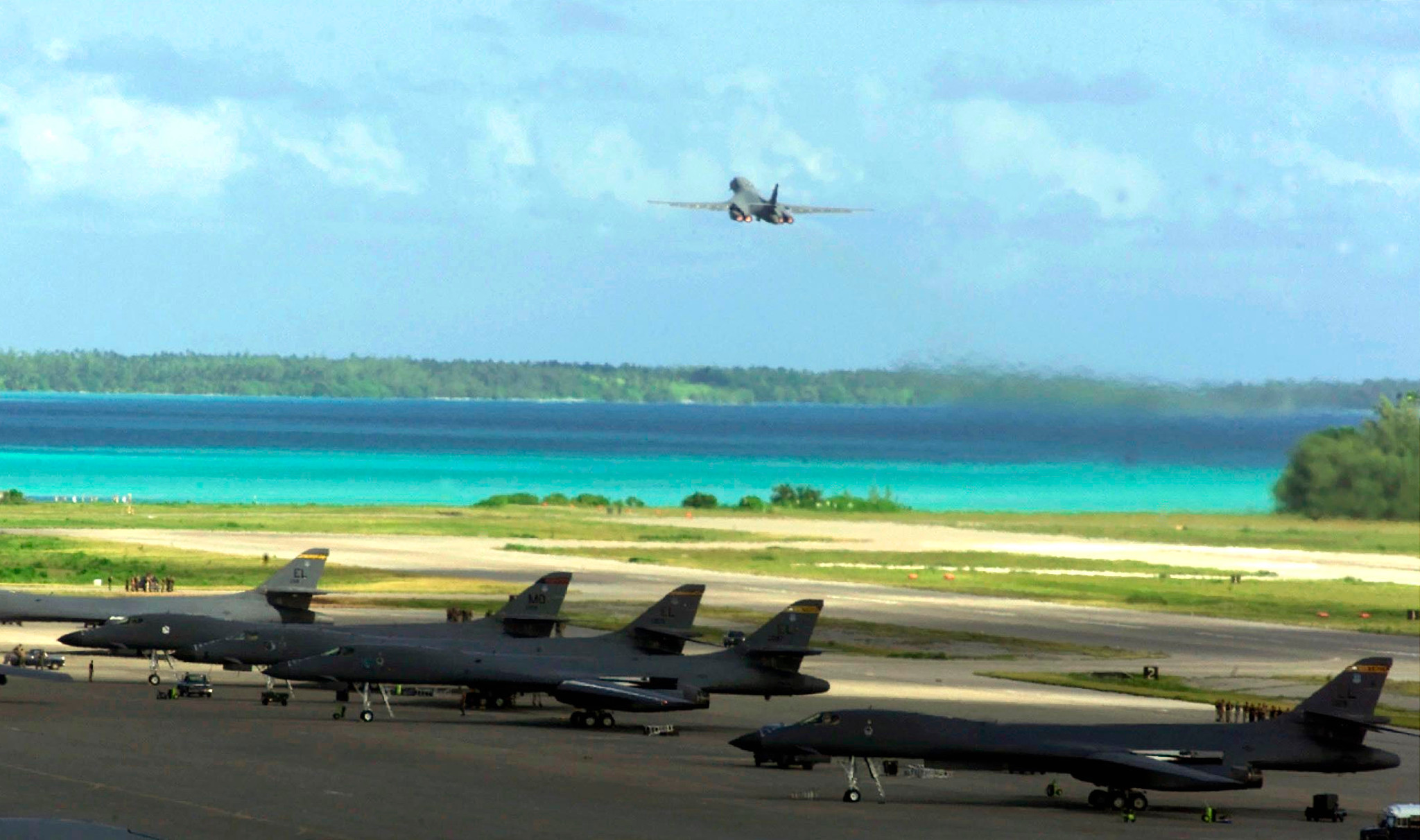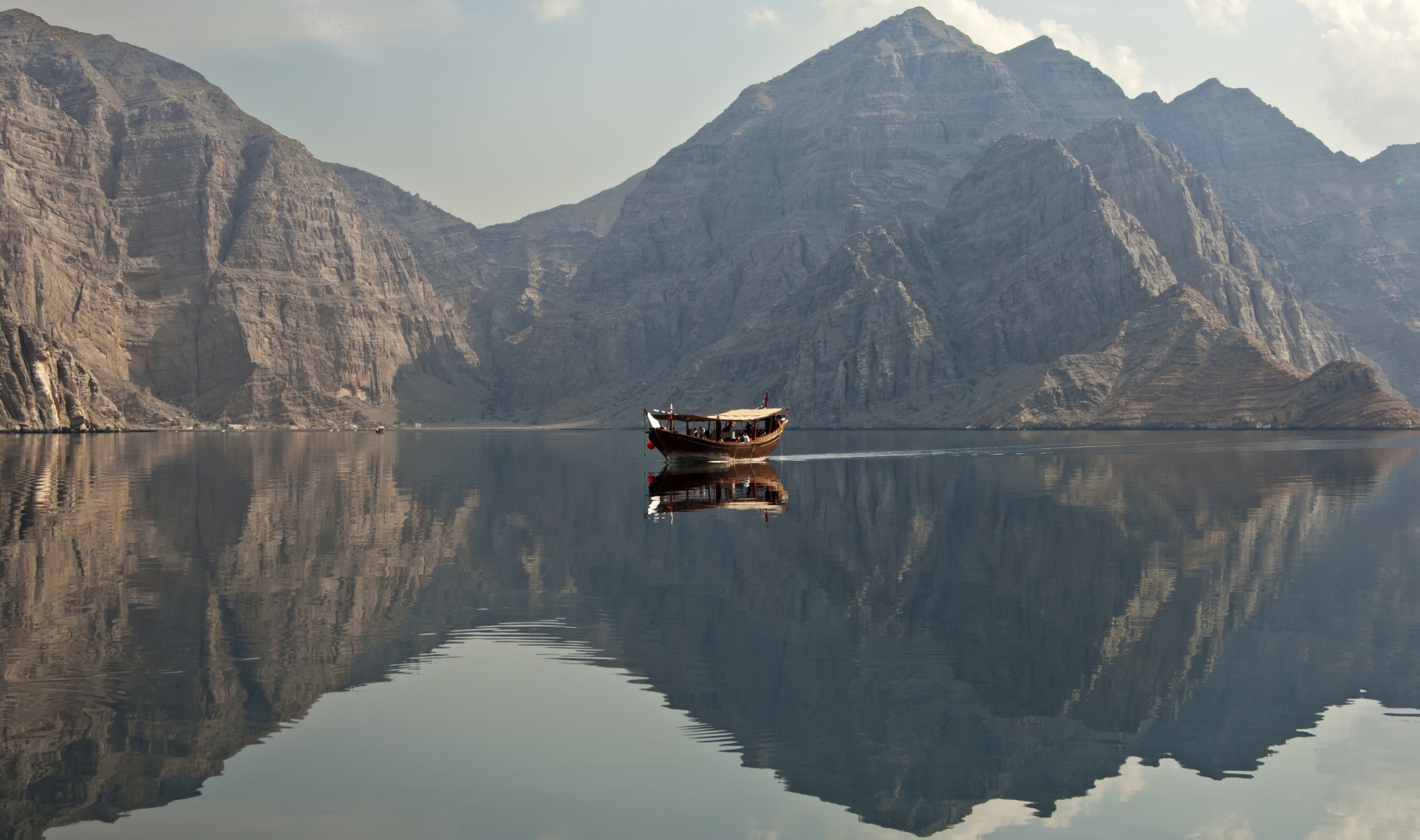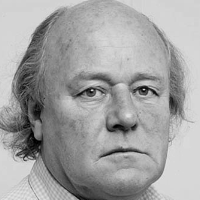Jagdish Koonjul, the Mauritian ambassador to the UN, last month raised his country’s flag on the Chagos archipelago – what Harold Wilson’s Labour government of 1965 named the British Indian Ocean Territory (BIOT), in a flagrant breach of international law.
At a stroke, all the rights of the inhabitants – human, economic, civil – were torn up in a move opposed by international institutions ever since.
The British government evicted the entire indigenous population of more than 1,500 islanders from their homes on the archipelago.
It realised it could establish a new colony, claim sovereignty over the territory, and ignore a 1960 UN resolution on the right of self-determination – so long as no one lived there.
If there were no inhabitants there would be no democratic rights that needed to be safeguarded, Whitehall officials argued.
After gassing their pet dogs, British officials deported the islanders mainly to Mauritius and the Seychelles. Wilson threatened to block independence for Mauritius if it rejected the deal.
The evictions were to make way for a major US bomber base on Diego Garcia, the largest of the Chagos islands.
Making a come back
This February Mauritius, which claims the archipelago, chartered a ship, Bleu de Nîmes, to the islands with a group of its original inhabitants. It was a largely symbolic exercise, but an important one in what has been a long struggle to overturn a terrible wrong.
Though it sent a fishery protection vessel to shadow the Bleu de Nîmes, the British government dismissed the attempt to draw attention to the decades-long dispute.
Equally, it has ignored United Nations resolutions, a guilty verdict handed down by the International Court of Justice, and a ruling by a UN court last year that Britain must end its “unlawful occupation” of the Chagos islands.
“The British government knows that its position is untenable.”
Philippe Sands QC, a law professor at University College London who represents the islanders, describes the journey as “historic”.
He told Declassified: “It gave the lie to one British mendacity after another: that the Chagos had no permanent population in the 1960s; that Chagos is uninhabitable today; that Britain is preserving the historic buildings and cemeteries and keeping the islands clean, belied by the disintegration of the historic buildings and the plastic and other debris that lay around.”
Sands added: “The British government knows that its position is untenable, that international law – the ICJ (International Court of Justice), ITLOS (International Tribunal for the Law of the Sea), the UN and specialised agencies – treats Chagos as part of Mauritius, that the ground is shifting under its feet. The question is not whether Britain will recognise the legal and political realities, but when. This journey opens the door to the return of the Chagossians.”
A dirty deal
Britain declares ownership of the islands for what it describes as “defence purposes”. The phrase is a euphemism for the US base on Diego Garcia that has been used to strike targets in the Middle East and Afghanistan.
The Pentagon described the base as “critical” in the US invasion of Iraq in 2003. Diego Garcia was also used by the CIA as a transit base for the rendition of terror suspects to Guantanamo Bay and secret prisons in Poland and Romania where they were tortured.
And in return for letting it construct the bomber base, Washington secretly offered a discount, reported to amount to £11 million, on the cost of a Polaris nuclear missile deal the Labour government was negotiating.
Years later, in 1980, Margaret Thatcher made a similar secret deal with the US, agreeing to America’s increased use of Diego Garcia in return for a deal on acquiring Trident, the successor to Polaris.
The racism and cynicism with which the Foreign Office, first under a Labour government, and then their Conservative successors, adopted towards the Chagossians was graphically illustrated in a telegram dated 31 August 1966. This was sent by Sir Paul Gore-Booth – an official at Britain’s delegation to the UN in New York – to the Foreign Office in London, and referred to the plan to forcibly evict the islanders and lease Diego Garcia to the US.
Gore-Booth wrote: “We must surely be very tough about this. The object of the exercise was to get some rocks which will remain ours; there will be no indigenous population except seagulls who have not yet got a [UN] Committee (the Status of Women Committee does not cover the rights of Birds).”
In a handwritten note, senior Foreign Office official Dennis (later Lord) Greenhill, responded: “Unfortunately along with the Birds go some few Tarzans or Men Fridays whose origin are obscure, and who are being hopefully wished on to Mauritius etc”.
The plan, said the Foreign Office, was to build “defence facilities” on the islands “without hindrance or political agitation”.
‘Marine reserve’
Years later, in 2009, a senior British diplomat resurrected the language in a note of a secret meeting with a US official released by Wikileaks. Colin Roberts, who was later appointed Governor of the Falkland Islands, told the Americans there would indeed be “no human footprints” or “Man Fridays” on the islands.
Roberts told the US that the British government had come up with the idea of establishing the “largest marine reserve in the world” around the islands so that “former inhabitants would find it difficult, if not impossible, to pursue their claim for resettlement on the islands…”
The reserve was imposed by David Miliband, the foreign secretary, in the dying days of Gordon Brown’s government. It was subsequently declared illegal under the UN Convention of the Law of the Sea.
Successive British governments have claimed there is “no doubt” it has sovereignty over the Chagos islands since in 1814 it took them from the French (who took them from the Dutch, the first colonial settlers).
Britain has used sovereignty as something it can pick and choose as it wishes. It says Britain would “cede sovereignty of the territory (the BIOT) to Mauritius when it is no longer required for defence purposes.”
In a most telling comment, Olivier Bancoult of the Chagos Refugees Group who was removed from the islands at the age of four said on his visit to the islands last month: “The importance of this trip is that we can send a message to the world – about the kind of injustice the UK government, with the help of the US government, inflicted on our people.
“If we were white people with blue eyes, maybe we would have had better treatment like the Falkland Islanders?”




